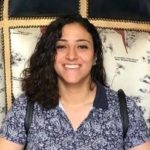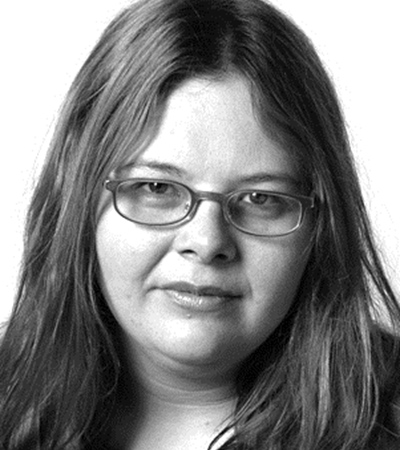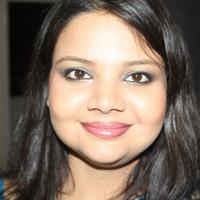Our last lunch seminar this semester: Now re-announced with a new date!
Mahr (the Muslim dower) is regarded as obligatory to Muslim marriages. This means that when a Muslim man marries a Muslim woman, he provides her with a certain financial gift. However, this arrangement is controversial. Does Mahr entail the “sale” of a woman in a Muslim marriage? Because of such concerns, marriage rituals that contain mahr are not approved by the Norwegian state, as they are seen as contravening “Norwegian law and general gender equality principles”.
But does mahr merely entail the “sale” of a woman, or can it serve other purposes as well?
In this seminar, the lived experiences of Norway’s regulation of mahr will be examined. Building on a study of the Iranian diaspora in Norway, Marianne Bøe will explore the forms that mahr can take in contemporary Norwegian society. In her study, Bøe has conducted interviews with members of the Iranian diaspora, and has also studied documents relevant for Norway’s marriage ritual regulation. Does the present regulation of mahr contribute to safeguarding gender equality and the rights of women, or does it have other unintended effects?
The seminar takes place at seminar room 112 at Adm. org, Christies gate 17, on Wednesday 13th of June, from 12.30 to 14.00. A light lunch will be served,
All are welcome!
 Marianne Bøe is a postdoctoral researcher at the Department of Archeology, History, Cultural Studies and Religion (AHKR) at UiB.
Marianne Bøe is a postdoctoral researcher at the Department of Archeology, History, Cultural Studies and Religion (AHKR) at UiB.









